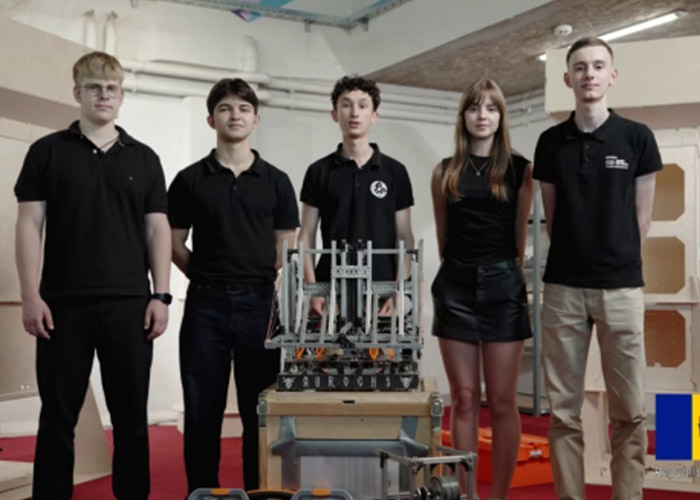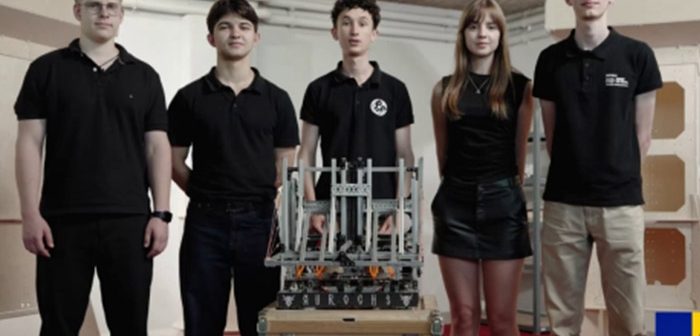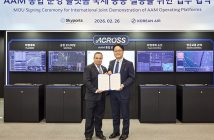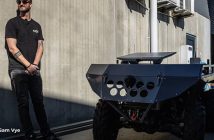
The Republic of Moldova’s national robotics team has been named one of the top 10 finalists — out of 74 submissions worldwide — for the “Eco Equilibrium – New Technology Experience (NTE)” challenge at the FIRST Global Challenge 2025, taking place in Panama City from October 29 to November 1. The New Technology Experience (NTE) is a key component of the FIRST Global Challenge, designed to keep students at the forefront of emerging technologies related to each year’s theme. In 2025, the Eco Equilibrium – NTE invites participants to develop technologies that support biodiversity and climate resilience.
Moldova’s team designed a robotic solution for reforestation in hard-to-reach areas, directly supporting the country’s National Afforestation Program.
At the start of the 19th century, forests covered nearly one-third of Moldova’s land. Today, only 11 percent remains forested — one of the lowest rates in Europe — leading to soil erosion, droughts, and biodiversity loss.
In 2023, under President Maia Sandu’s leadership, Moldova launched the National Afforestation Program to restore forests and biodiversity across newly designated sites, aiming to increase forest coverage to 15 percent by 2032 and strengthen climate resilience.
“I am proud of our young engineers who prove once again that Moldova can lead with ideas, creativity, and innovation. Their project supports our National Afforestation Program and shows that when we combine knowledge, science, and imagination, we can protect our environment and build a prosperous future for all. Only through innovative solutions can we effectively address the challenge of afforestation and strengthen our country’s resilience to climate change.” said Maia Sandu, President of the Republic of Moldova.
Comprising students aged 15 to 18, Moldova’s robotics team has participated in tree-planting campaigns in their communities. Inspired by these experiences, they sought ways to apply their engineering and programming skills to improve reforestation methods.
After consulting forestry experts and studying sapling-planting processes, the students designed a spider-style reforestation robot capable of planting trees on steep, degraded slopes where traditional methods are unsafe or ineffective.
The robot features modular stabilizing legs, soil-sensing and drilling mechanisms, a seed-pod or sapling dispenser, and semi-autonomous posture control, enabling precise, stable planting in difficult terrain.
Over the past decade, Moldova has become a regional leader in educational robotics, driven by continuous investment in STEM education and the expansion of school robotics clubs nationwide. Moldovan teams have consistently earned top placements at the FIRST Global Challenge, demonstrating creativity, teamwork, and technical excellence.






